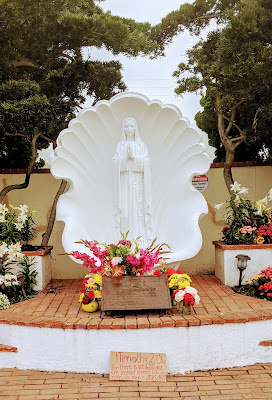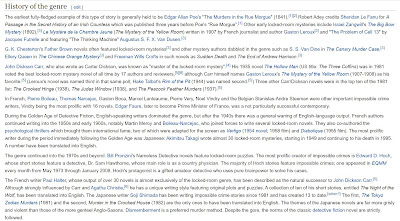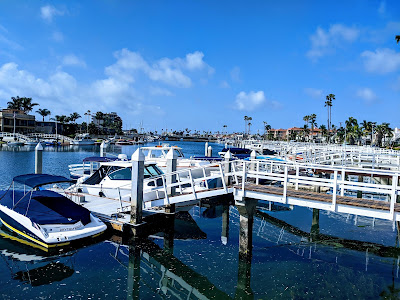Fear, revulsion, and horror were the emotions which the big-city crowd aroused in those who first observed it. For Poe it has something barbaric; discipline just barely manages to tame it. Later, James Ensor tirelessly confronted its discipline with its wildness; he liked to put military groups in his carnival mobs, and both got along splendidly—as the prototype of totalitarian states, in which the police make common cause with the looters. Valéry, who had a fine eye for the cluster of symptoms called “civilization,” has characterized one of the pertinent facts. “The inhabitant of the great urban centers,” he writes, “reverts to a state of savagery—that is, of isolation. The feeling of being dependent on others, which used to be kept alive by need, is gradually blunted in the smooth functioning of the social mechanism. Any improvement of this mechanism eliminates certain modes of behavior and emotions.” Comfort isolates; on the other hand, it brings those enjoying it closer to mechan...


